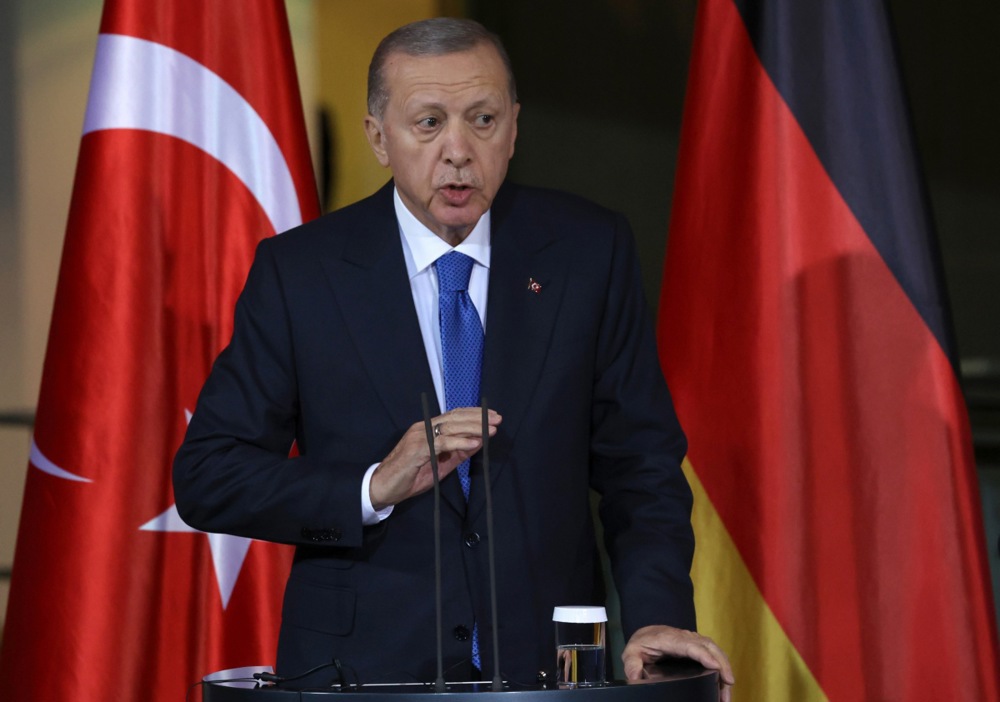In June, Belgium will simultaneously hold its European Parliament, national, and regional elections, with municipal votes following just a few months later.
Polling indicates the country is facing a complex political future, with the Dutch-speaking north set to vote for the nationalist right while the French-speaking south will continue supporting left-wing politics.
It is generally expected that the divergent views of the North and South will make securing domestic political agreement and effective governance increasingly difficult in the already sharply divided country.
But equally opaque is what exactly is driving the Belgian electorate.
Professor Carl Devos of Belgium’s Ghent University told Brussels Signal that determining what is influencing people’s voting preferences is a challenging task.
“Experience shows that it is very difficult to predict before the elections what the main ‘election themes’ will be,” he said.
“This is usually only revealed afterwards, through academic research.”
“There are always different themes, because different groups of voters find different themes important. In 2019, for instance, we thought climate was the main theme. In retrospect, from research by KULeuven [the university] and others, that turned out to be wrong.
“Climate certainly played a role, but migration was more important, hence the high score of Vlaams Belang [Flemish Interest] that gained 12.75 per cent,” Devos said.
He added that some topics remain evergreen at election time: healthcare, prosperity, migration and national identity.
Digging deeper, the professor noted that many election themes are influenced by other issues. Healthcare, he said, is impacted by issues surrounding social security, while voters’ desire for prosperity affects their views on inflation, the affordability of real estate, residential care and energy prices.
“You could say it’s about ‘bread and butter’ issues [material themes] and ‘security’ [identity, migration], wherein forces of change and preservation are always in opposition,” he said.
Because such themes are so broad and constant, Devos said it was “very difficult” to answer what exactly will determine how the Belgians vote.
Local events might also play a key role, he said, such as the recent explosion of drug-related violence in Brussels and Antwerp. In West Flanders, on the other hand, farmers’ rage over strict nitrogen laws and general discontent about Ventilus, a new overhead high-voltage line, might influence voters there.
In addition to over-arching regional disparities, the significance of the farmer protests and the struggle for control over the “rural countryside” may escalate, Devos said, but forecasting such developments months before the elections remained challenging.
The professor also acknowledged that concerns regarding more long-running issues, such as the burgeoning housing crisis in Belgium, could also end up eventually taking centre stage.
“[Everything] remains to be seen,” he said. “What will the parties market? What will the media push? What ‘events’ will erupt?”
Asked about the sizeable budget deficit the national government is struggling with, together with issues over the cost of running Wallonia and Brussels, he noted that they should conceivably be major issues, but that political parties avoid discussing them as they do not know where to make cuts.
On top of this, he believes that most Belgian media outlets think “the subject is too complicated, boring and not spectacular enough”.
According to Devos, journalists believe that “a lot of voters don’t want to hear about it”.
“I’m concerned that this [debt problem] might not become a major issue right away unless it indirectly impacts the affordability of healthcare and pensions,” he said.
The most recent survey suggests migration is the main concern of the Belgian electorate, followed by the national economy and healthcare.





